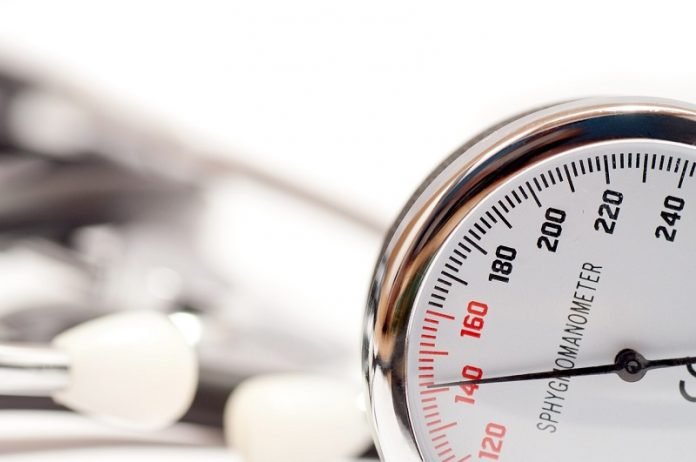
In a new study, researchers found about 20% of people with hard-to-treat high blood pressure don’t take their medications.
In other words, they don’t really have resistant high blood pressure.
This behavior may increase their risks for heart disease and stroke, and the patients may receive unnecessary treatments for resistant high blood pressure.
The research was conducted by a team from the University of Ottawa in Canada.
Previous research has shown that high blood pressure is a big risk factor for heart attacks, strokes, kidney disease, and other chronic diseases.
Resistant high blood pressure occurs when blood pressure remains above normal even after patients has been taking multiple blood pressure drugs.
In the current study, the team examined 48 patients with suspected resistant high blood pressure. These patents claimed that they were taking their medications on time every day.
The team used a “direct observational therapy” approach to check if their condition was really resistant to high blood pressure.
In the therapy, the patients came into the clinic and were watched to take their blood pressure medications.
Their blood pressure levels were monitored until the drugs took effect. Then they were sent home with 24-hour wearable blood pressure monitors.
When patients came back into the clinic the next day, the team found 10 of the 48 patients had blood pressure that had dropped below the target goal.
This means these patients had been skipping their drugs before the study.
All of the patients visited the clinic a month later for a regular blood pressure check, and the researchers found that nine additional patients had their blood pressure under control.
The team explains that many patients may skip their blood pressure drugs due to side effects. It is easy to ignore the need to take medicine when the chronic condition has no symptoms.
It is important for doctors to check if patients really have resistant high blood pressure so that intense treatment is necessary.
One author of the study is Dr. Swapnil Hiremath.
The study was presented in the American Heart Association’s Joint Hypertension Scientific Sessions.
Copyright © 2019 Knowridge Science Report. All rights reserved.



